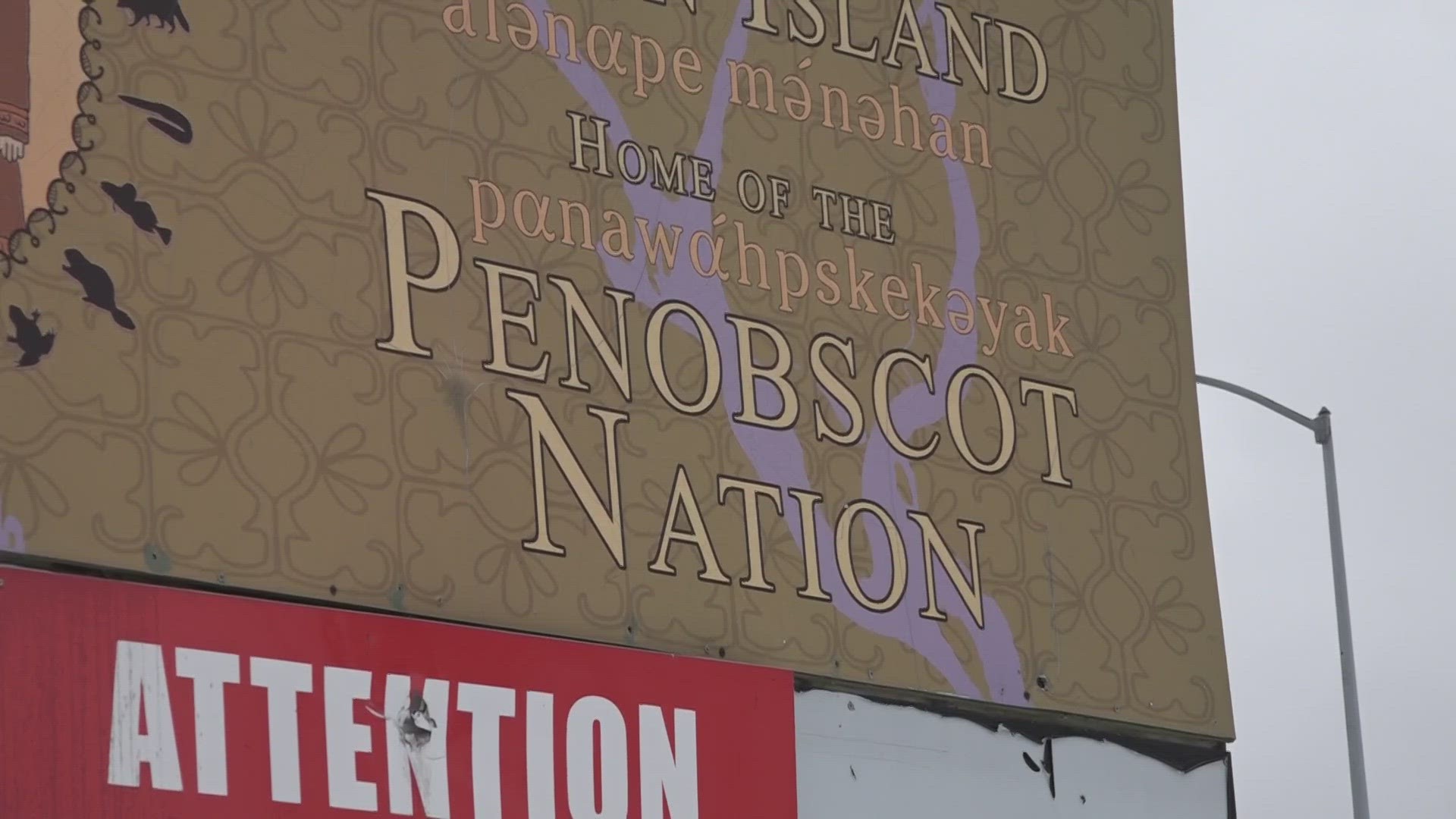MAINE, USA — Tribal leaders are applauding a recent Harvard Kennedy School Study highlighting the socioeconomic downfalls Wabanaki Nations have faced under the Maine Indian Claims Settlement Act (MISCA).
Passed in the 1980s and signed by former president Jimmy Carter, the act was at the time seen as a win for both Wabanaki Nations and the state for tribal sovereignty.
Now years later, many are seeing the act's lasting effects on tribal nations in Maine in a different light.
The report titled "Economic and Social Impacts of Restrictions on the Applicability of Federal Indian Policies to the Wabanaki Nations in Maine," expresses how all four tribes in Maine have only seen a nine-percent per capita income growth since the 1980s.
In comparison to all other tribes across the nation, communities have seen a 60-percent increase.
"So part of the argument has been that the Maine tribes already have extensive powers of self-government. But it's clear those powers are restricted," researcher and Harvard Kennedy School professor Dr. Joe Kalt said.
"For all four of them to show up at the bottom of the barrel if you will, tells you something, they're all sharing something," Kalt added.
Kalt said it's apparent that the common factor is MISCA.
According to the report, "MICSA provides that any federal law enacted for the benefit of Indian tribes which would affect the application of Maine state law does not apply in Maine and to the Wabanaki Nations unless the U.S. Congress explicitly makes that law applicable in Maine."
Many tribal leaders, like ambassador Maulian Dana of Penobscot Nation, said these findings confirm what many have been expressing for years.
"It really validated all of those things we knew to be true," Dana said. "We definitely have a sense of how our communities are at versus other tribes through those relationships we have and we can see how they perform very well when their sovereignty is respected and recognized by state government."
If the act is revised or appealed, and tribes were to see an increase in economic growth, Kalt expressed it could not only help those communities but neighboring non-tribal communities as well.
"If we had the opportunity to create our own economic development and improve the life of the tribe, sure it would benefit the tribe, but it would also benefit the state of Maine," Mi'kmaq Nation Vice Chief Richard Silliboy said.
"All of that goes to the local economy ... I would like to see the four tribes in Maine have the same rights as the other 574 tribes across the nation," Chief Silliboy added.

